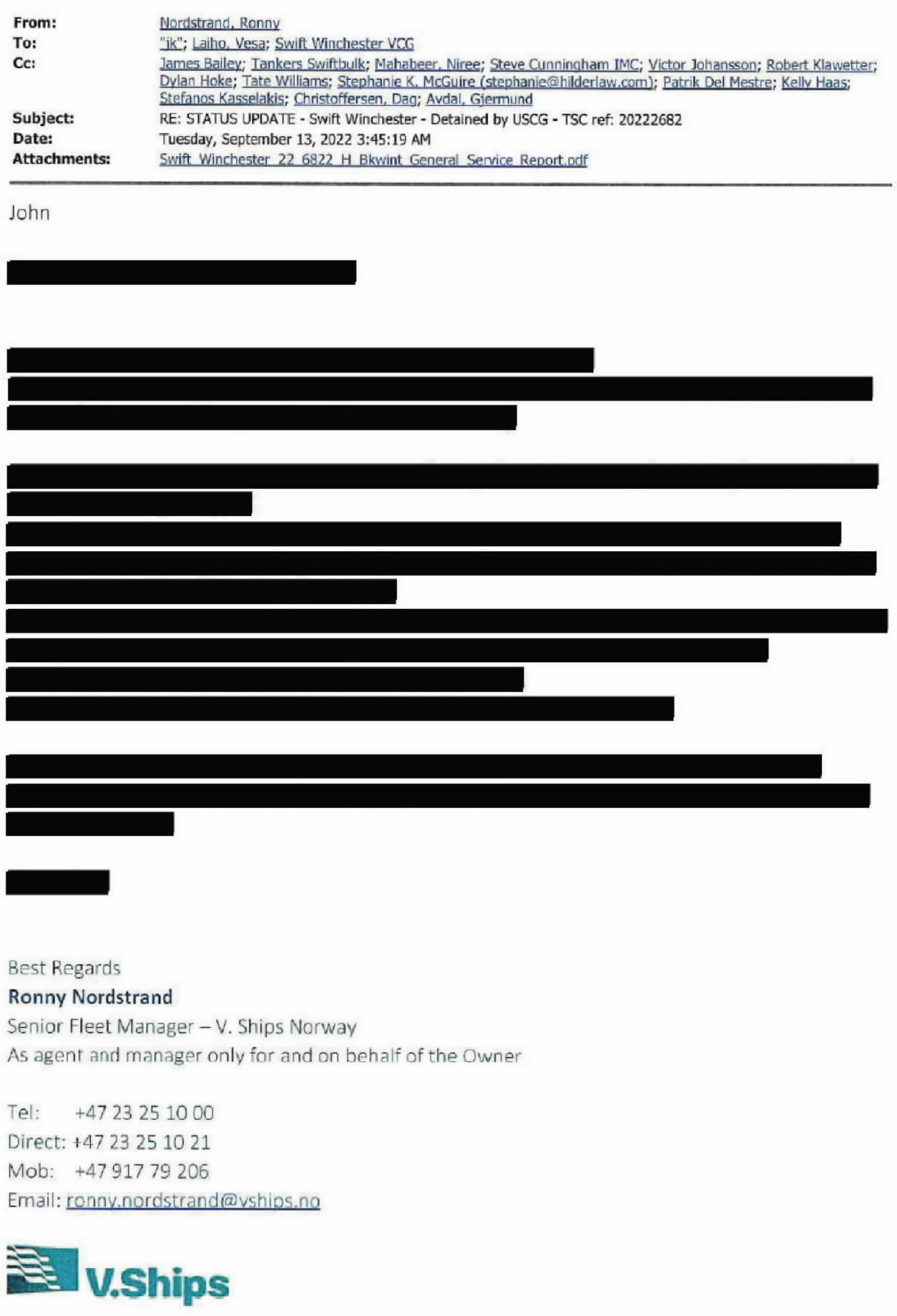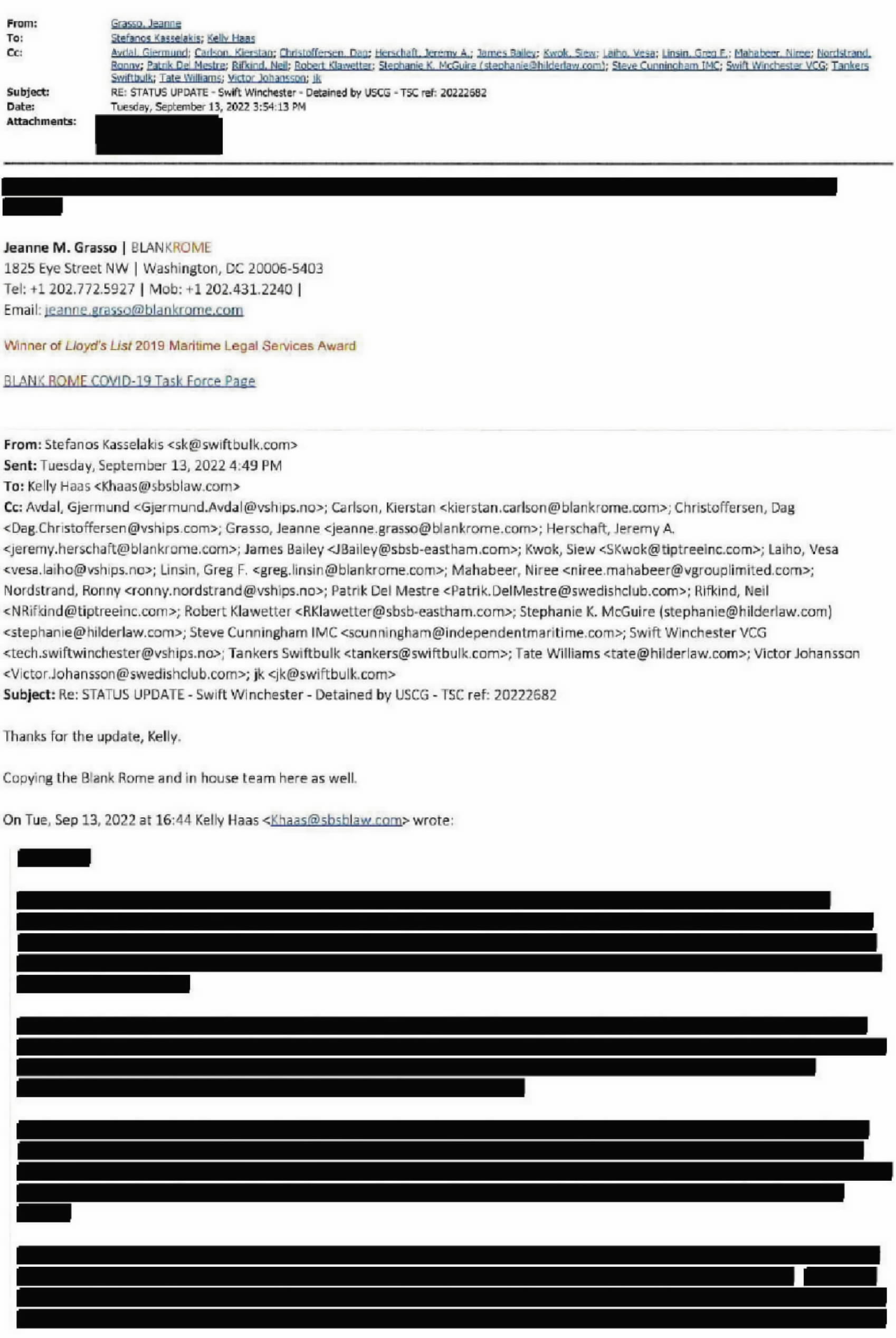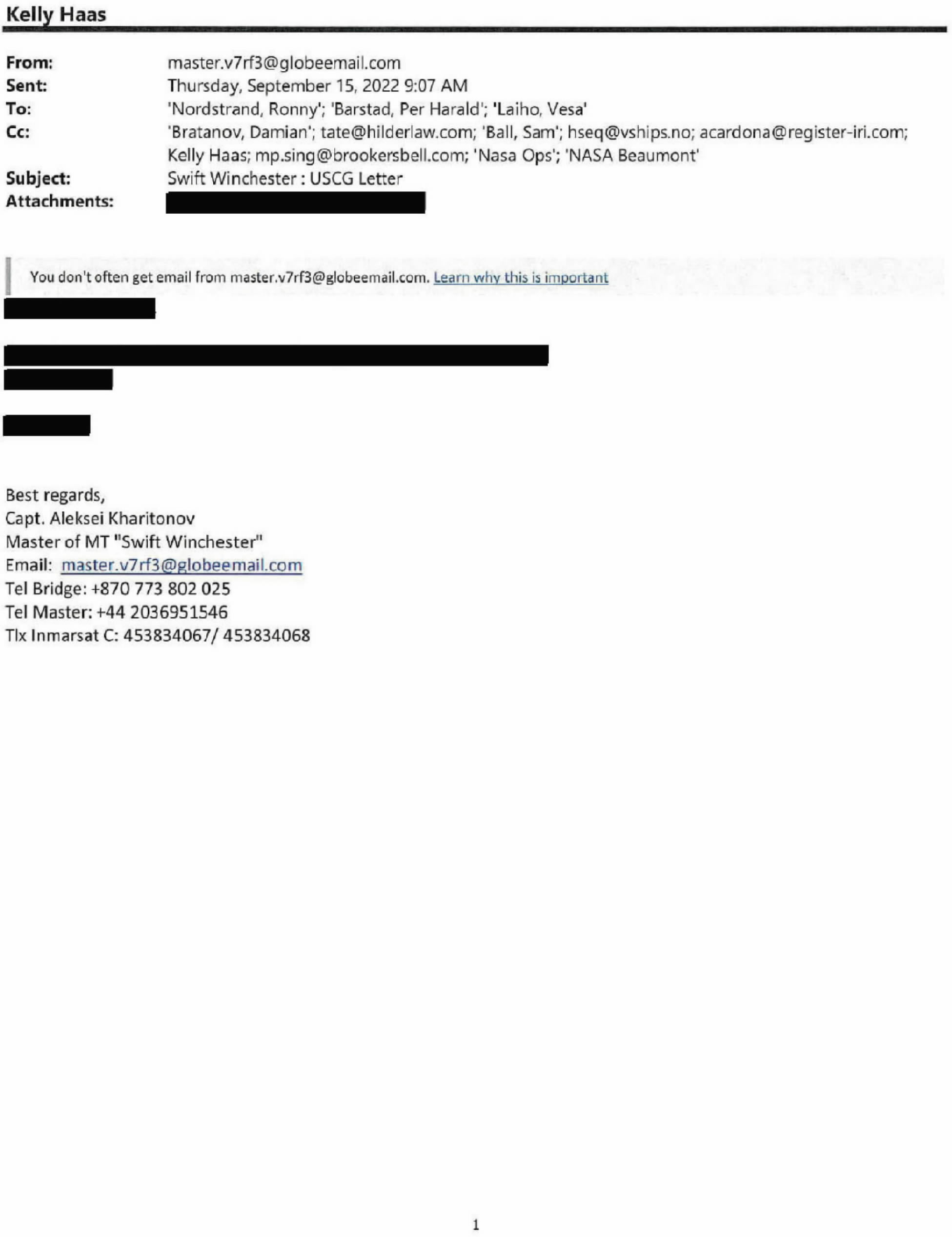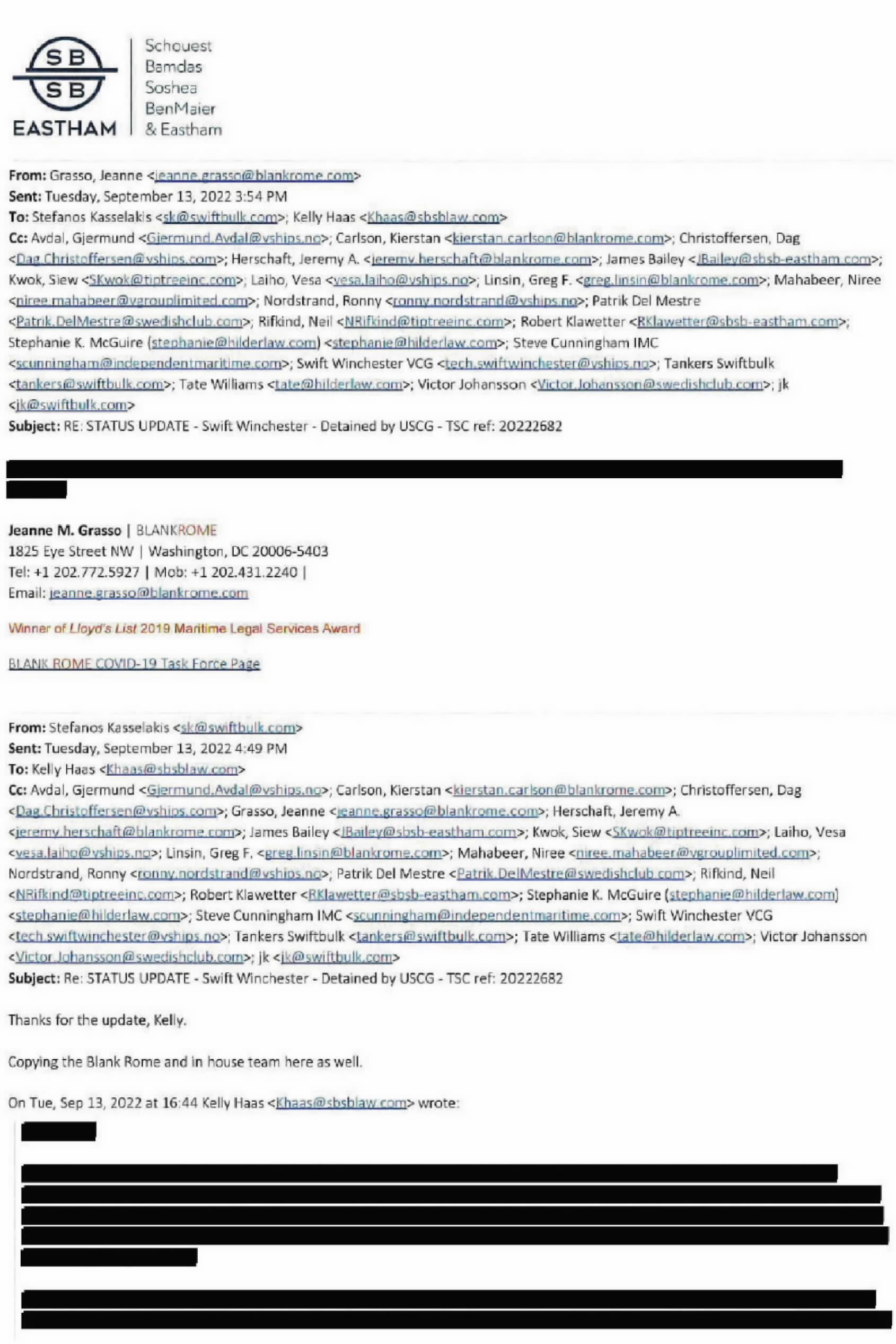24. The Fifth Circuit has consistently held that disqualification affidavits must delineate “with specificity the subject matters, issues, and causes of action presented in the former representation” and that a “superficial resemblance between the present and prior representations” is not sufficient to support disqualification. In the
Duncan case, Merrill Lynch sought to disqualify its former counsel, Smathers & Thompson, from representing members of a class action filed against Merrill Lynch. In support of its disqualification motion, Merrill Lynch submitted an affidavit listing ten matters in which the firm represented Merrill Lynch over 10 years. The affidavit explained, in general terms, that the firm represented Merrill Lynch in matters that involved stock, commodities, municipal and government securities, margin accounts, Merrill Lynch's relationships with its customers, Merrill Lynch's relationships with its employees, Merrill Lynch's procedures and its records, the rules and regulations of various regulatory bodies, the federal securities laws, the Florida securities laws and specifically Chapter 517, class actions, and common law. The work performed by the Smathers firm had included reviews of Merrill Lynch records, conferences with Merrill Lynch officers and employees, legal research, depositions, interrogatories, requests to produce, expert witnesses, hearings, motions, trials and appeals. Duncan v. Merrill Lynch, Pierce, Fenner & Smith, Inc., 646 F.2d 1020, 1029 (5th Cir.1981), disavowed on other grounds. Merrill Lynch provided an additional affidavit which elaborated on several of the cases. The Fifth Circuit held these affidavits failed to describe with sufficient detail the relationship between the firm's prior and present representations or that the firm had knowledge of Merrill Lynch's practices and procedures which were the subject matter of the current suit. It cautioned that the district court must focus on “the precise nature of the relationship between the present and former representation” and conduct a “painstaking analysis of the facts.”
Id. Here, Defendant provides no such information by way of argument or declaration/affidavit. Defendant's unverified Motion is based wholly on nonspecific allegations asserted by its counsel and is not supported by any verified evidence or sworn testimony. This Court should hold that the two matters are not “substantially related” and dismiss Defendant's motion as there is no conflict in the limited shipboard attendance or current representation.




























































